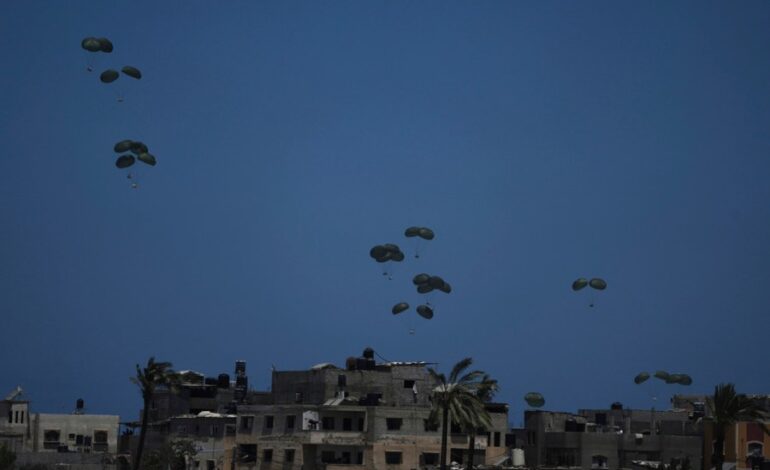Israel’s Strategic Shift: Navigating the Hamas Conflict and U.S. Relations

The ongoing conflict between Israel and Hamas has reached a critical juncture, with Israel seeking a strategic victory that preserves its relationship with the United States while addressing the complexities of hostages held by Hamas. The situation has drawn international attention, as Israel navigates the dual challenges of military engagement and diplomatic relations.
Hamas has maintained significant leverage in the conflict, particularly through its use of living hostages and tactics that complicate Israel’s military response. This leverage influences not only Israel’s internal politics but also its standing in the international community. The ongoing situation underscores the challenges Israel faces, including accusations of double standards in how the conflict is perceived globally.
The international community’s response has often been characterized by inconsistent standards, allowing Hamas to employ tactics such as human shields and indiscriminate attacks on Israeli civilians. This disparity complicates Israel’s efforts to mount a military response without incurring further criticism or alienating key allies, particularly the United States.
Strategic Victory and Diplomatic Challenges
As the conflict continues, Israel is exploring various avenues to redefine what victory looks like in this context. A strategic victory for Israel would not only involve military success but would also include maintaining strong ties with the United States. The U.S. has long been a critical ally for Israel, providing military aid and political support. Thus, how Israel manages its actions against Hamas could have lasting implications for this relationship.
The dilemma intensifies as Israel weighs its response to Hamas’s tactics. While military engagement may be necessary to neutralize threats, it risks increasing civilian casualties, further complicating Israel’s narrative on the world stage. The ongoing hostage situation adds another layer of complexity, as any military action must consider the potential for harming those held captive.
Moreover, the perception of Israel’s actions is heavily influenced by media coverage and international public opinion. The challenge lies in countering narratives that paint Israel as the aggressor while facing a terrorist organization that uses civilians as shields. This dynamic complicates any attempt at swift and decisive military action.
Looking Ahead: Conflict Resolution and International Relations
In light of these complexities, Israel must adopt a multifaceted approach to conflict resolution. Engaging in diplomacy alongside military strategy could help to mitigate backlash from the international community. This includes seeking support from allies and presenting a united front against terrorism.
The potential for negotiation remains, particularly in how Israel addresses the hostage situation. International pressure may compel Hamas to reconsider its tactics, but Israel must remain vigilant in its military position to ensure its security.
Ultimately, the outcome of this conflict will depend on Israel’s ability to navigate both military and diplomatic landscapes effectively. As the situation evolves, the interplay between military action and international relations will be pivotal in shaping not only Israel’s future but also its standing in the global arena.






